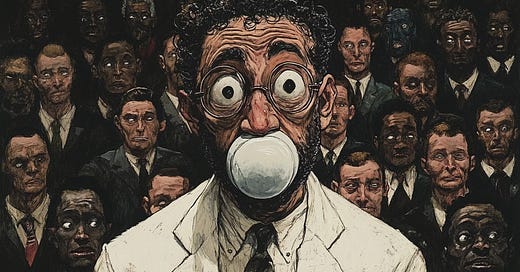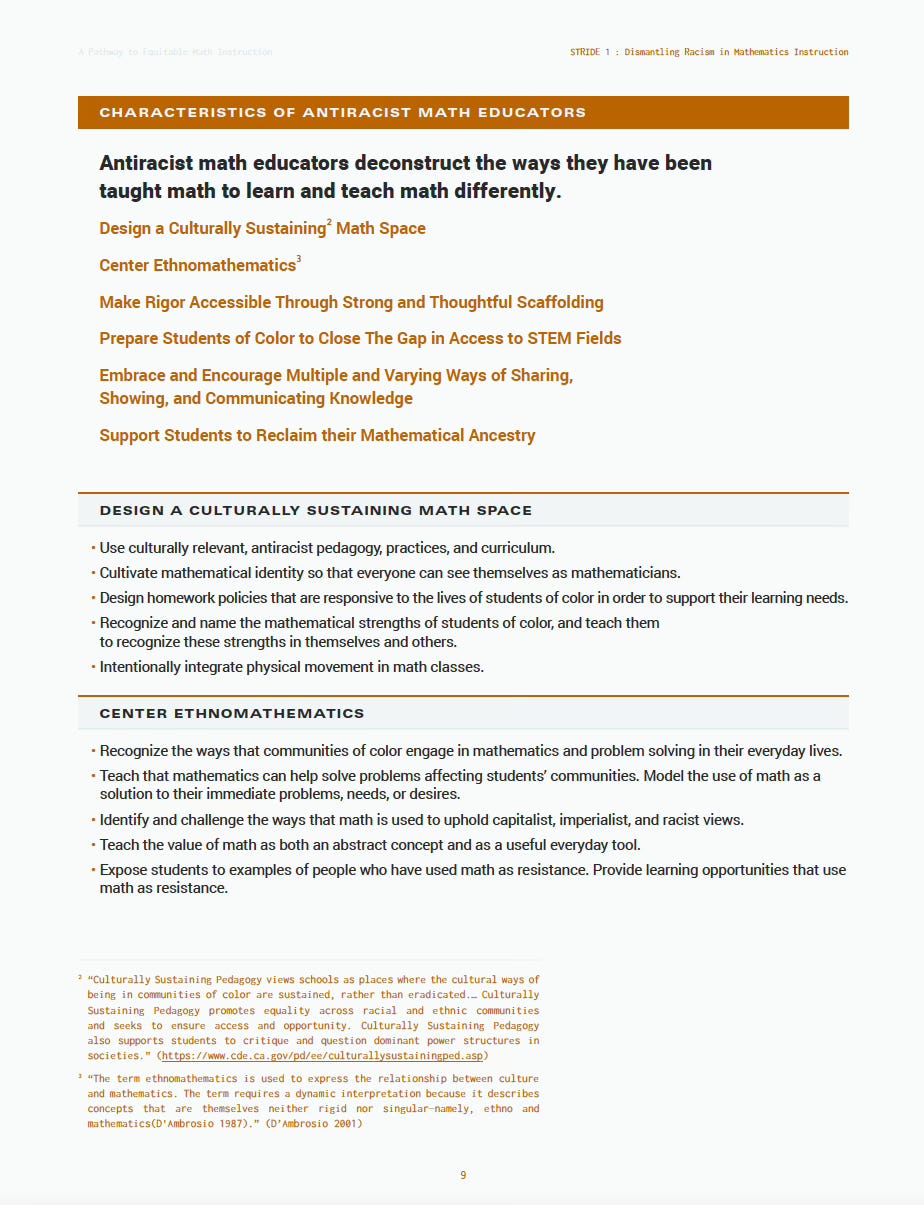The Real Reason Science Is Failing Us: A Look into Psychology’s Blind Spot
Are we silencing the studies that could transform our understanding of human nature?
What if psychology’s preoccupation with cultural influences is leaving us blind to the powerful biological forces shaping behavior–and doing so leaving countless people without the help they need.? It has been over 20 years since Steven Pinker’s The Blank Slate, shattered the long-held belief that humans are born as blank slates, shaped solely by cultural and environmental factors.
His theory, that human behavior is deeply influenced by biology, stood in sharp contrast to the mindset of the time. Yet, psychology still struggles to embrace the evidence that our biology plays an equally if not more significant, role.
In the two decades since its publication, the social sciences still struggle to reckon with this truth. The field has devolved into a maelstrom.
Across the sciences, fake research has led to the retraction of thousands of papers, and factors into the replication crisis, where study results fail to be reproduced, in psychology research.
Other research is being suppressed, like clinical trials being hidden or simply not done, because it is taboo or runs counter to the interests of a powerful group.
Across the world thought leaders and scholars are being fired, ostracized and even physically threatened when they speak up on issues of biology or other subjects pertaining to race, gender, sexuality, or other social identity factor.
Now the majority of science is bending research trends into social justice issues that amount to applied Critical Theories ideology.
Max Planck said, “A new scientific truth does not triumph by convincing its opponents and making them see the light, but rather because its opponents eventually die, and a new generation grows up that is familiar with it.”
Planck’s insight resonates as we watch these two worldviews, one grounded in empirical evidence of biological behavioral drivers and the other rooted in ideological resistance to exploring these ideas, duking it out to see which one can survive long enough for the supporters of the other to die.
Two studies highlight the schism in the scientific study of humanity holding the field hostage. The implications of these findings are profound. If behavior is significantly heritable, then psychological interventions need to account for genetic predispositions, rather than focusing solely on environmental modification.
The first study is part of a slowly growing body of evidence that heritable biological factors drive behavior. This particular study was a meta-analysis of the heritability of self-control. To draw conclusions, the authors looked at 31 twin studies. The results showed that genes play a significant role in determining a person’s ability to change behavior to meet either internal or external standards.
While the study shows strong evidence for genetic roots in behavioral self-control, it doesn’t shed light on what genes or epigenetic factors are involved. These are questions that require follow-up study. That is something that is becoming increasingly problematic. Since this study was published in 2019, the influence of academic taboos is silencing that line of inquiry.
That brings us to our second study, on Taboos and Self-Censorship Among U.S. Psychology Professors. In this research, the authors zeroed in on several factors that are making research into biological drivers of behavior near impossible. Their work has highlighted how certain channels of thought have become taboo, to the extent that not only are many psychology professors shying away from studying these topics, but the more they suspected a controversial point could be true the less willing they were to even talk about it.
In describing the problem, the authors pointed out that the situation is so bad, that:
A report called Academic Freedom in Crisis by the Center for Study Partisanship and Ideology found that many academics in the United States, United Kingdom, and Canada supported dismissal campaigns for scholars who forward empirical conclusions that could harm vulnerable groups.
To make it more concrete, the report showed that if, for example, a researcher wanted to study whether “men and women have different psychological characteristics because of evolution”, that would be considered taboo. The result was that most of their colleagues would be in favor of seeing the researcher who even proposed such a study be fired and socially ostracized.
Little progress is being made when it comes to either confirming or falsifying similar premises, and no progress is being made on things that might mitigate differences, if for example it was proven that one racial group underperforms relative to another in the areas of education, intelligence, or criminal behavior.
The implications of these findings are profound. If behavior is significantly heritable, then psychological interventions need to account for genetic predispositions, rather than focusing solely on environmental modification.
For science to waste so much time and money spinning its wheels has left the psychological and behavioral fields without credibility and no closer to improving the lives that the opposing critical theories idealogy claims it wants to help.
When academics self-censor, entire lines of inquiry are abandoned, leaving gaps in our understanding of fundamental human behavior. This stifling of intellectual curiosity not only damages the credibility of the field but also impedes the development of therapies that could help individuals better manage their innate tendencies.
What is even worse is that, unlike Max Planck’s prediction that new generations will grow up familiar with the challenge of trying to understand ways to cope with the implications of having inborn behavioral shortcomings and talents, kids have had their entire curriculum upended and suffused with untested critical theories based protocols. You can see it here in these documents on how to teach equitable math.
This type of math teaches:
The framework for deconstructing racism in mathematics offers essential characteristics of antiracist math educators and critical approaches to dismantling white supremacy in math classrooms by making visible the toxic characteristics of white supremacy culture (Jones and Okun 2001; Dismantling Racism 2016) with respect to math. Building on the framework, teachers engage with critical praxis1 in order to shift their instructional beliefs and practices toward antiracist math education. By centering antiracism, we model how to be antiracist math educators with accountability.
To maintain this ideological learning they instruct teachers:
Having “Courageous Conversations” about equity is incredibly valuable for moving from cognitive dissonance into a breakthrough of new learning, according to Glenn E. Singleton (2014). This will be particularly important throughout the emotionally difficult work of coaching for math equity. The work for math equity is essential and urgent, and it is important for both the coach and teachers to understand that there will likely be uncomfortable moments along the way. Feeling uncomfortable is not a moment to turn away from the necessary work of coaching for equity. Instead, it is important to notice and accept that this is normal.
If this sounds confusing, you can read more about it on the Pathway to Equitable Math Instruction website. These quotes are from strides one and five, Sustaining Equitable Practice. While you are there you can thank Bill and Melinda Gates for their generous donation that helped make the project possible.
The important question should be, does this kind of instruction improve children’s math performance? While it’s unclear how many classrooms follow this method, overall test scores for U.S. kids are in sharp decline, and in California where this has a broad adoption, their fourth graders score below average in math.
While this battle to silence science that delivers us answers we don’t like rages on, the real losers are the kids being deprived of an education and indoctrinated into a racist worldview.
To truly advance, psychology must embrace the full complexity of human behavior, and integrate both biological and cultural insights. This means confronting uncomfortable truths and allowing research to flourish, even when it challenges popular ideologies. Only by doing so can we offer better, more effective interventions—and foster a generation of thinkers capable of navigating a complex world with clarity and compassion.
About
Diogenes in Exile began after I returned to grad school to pursue a degree in Clinical Mental Health Counseling at the University of Tennessee. What I encountered, however, was a program deeply entrenched in Critical Theories ideology. During my time there, I experienced significant resistance, particularly for my Buddhist practice, which was labeled as invalidating to other identities. After careful reflection, I chose to leave the program, believing the curriculum being taught would ultimately harm clients and lead to unethical practices in the field.
Since then, I’ve dedicated myself to investigating, writing, and speaking out about the troubling direction of psychology, higher education, and other institutions that seem to have lost their way. When I’m not working on these issues, you’ll find me in the garden, creating art, walking my dog, or guiding my kids toward adulthood.
You can also find my work at Minding the Campus
Diogenes in Exile is reader-supported. If you find value in this work, please consider becoming a paid subscriber or buying Thought Criminal merch to keep this mission alive.






